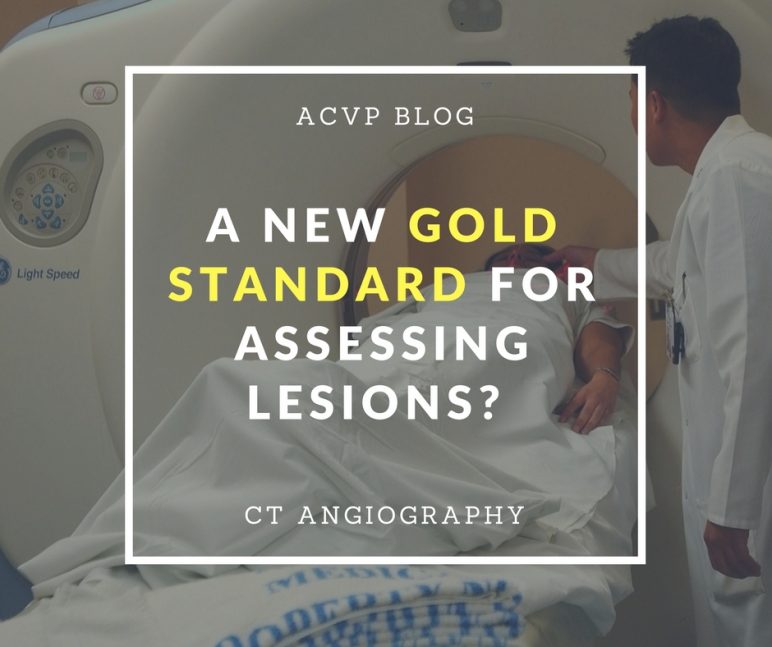Invasive angiography unnecessary?
Noninvasive CT angiography and CT myocardial stress perfusion imaging can adequately predict heart attacks and major adverse cardiovascular events, according to a study published yesterday in Radiology—no invasive coronary angiography (ICA) required.
Invasive coronary angiography (ICA), along with stress tests and single photon emission tomography (SPECT) imaging, has long been the "gold standard" for making determinations of whether a lesion is hemodynamically significant and likely to result in major adverse cardiovascular events, reads a Radiological Society of North America press release.
But this "gold standard" has its drawbacks—in costs and risk.
Continue reading CT angiography and stress tests can predict heart attacks



